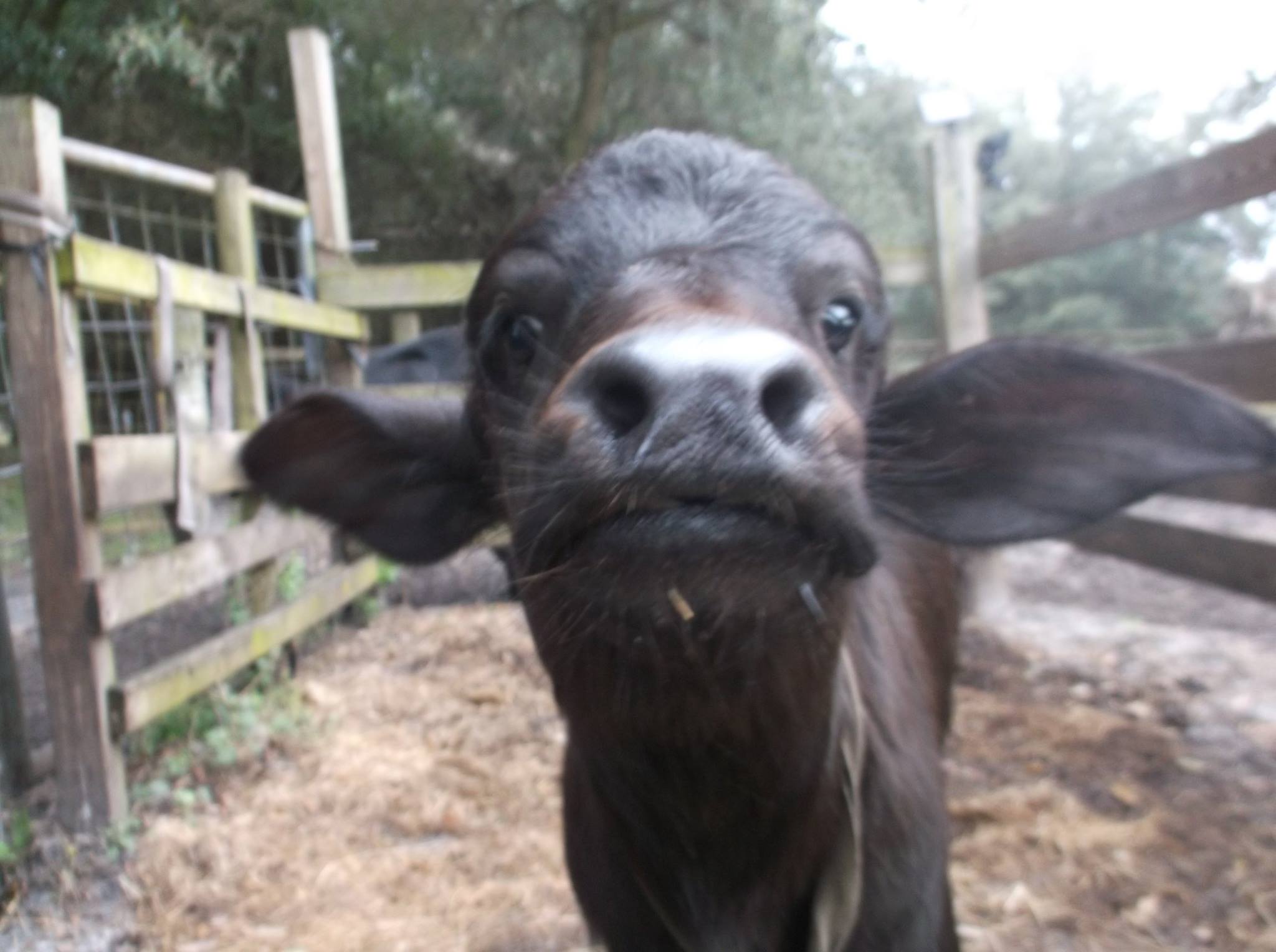
©2024 The News Service of Florida
Florida has expanded rules blocking the importation of some cattle because of the spread of a type of avian influenza in dairy herds in other states.
Florida Agriculture Commissioner Wilton Simpson on Monday issued an emergency rule that requires most dairy cattle being imported into Florida to meet federal testing and movement requirements for Bovine Associated Influenza A Syndrome.
Last month, Simpson restricted the importation of cattle exposed to the strain, including lactating dairy cattle from states with suspected or confirmed cases of the disease.
No cases have been reported in Florida, according to a news release from the state Department of Agriculture and Consumer Services.
As part of Simpson’s expanded rule, dairy cattle imported from states with suspected or confirmed cases must be accompanied by paperwork indicating a valid veterinary inspection within a week before they were moved.
“If an animal is displaying signs of illness or tests positive for (the highly pathogenic avian influenza), the animal should be separated from other animals on the farm and heightened biosecurity measures should be taken to ensure (the influenza) does not spread to other species,” the news release said. “Additionally, farmers are advised to avoid housing multiple species of animals together at any time.”
The department said raw milk and raw milk products are not approved for human consumption in Florida and that “pasteurization remains effective in inactivating the virus in milk products.”
The U.S. Department of Agriculture’s Animal and Plant Health Inspection Service requires mandatory testing before interstate movement of lactating dairy cattle and mandatory reporting of positive test results in livestock.
As of Thursday, the strain had been detected in nine states — North Carolina, Texas, New Mexico, Kansas, Colorado, Ohio, Michigan, South Dakota and Idaho.
The only confirmed human infection tied to the outbreak occurred April 1 in Texas.
The federal Centers for Disease Control and Prevention reported the person was presumably exposed to an infected cow and suffered eye redness, or conjunctivitis.
The U.S. Food and Drug Administration has recommended farmers discard milk from symptomatic cows.
Leave a Reply









